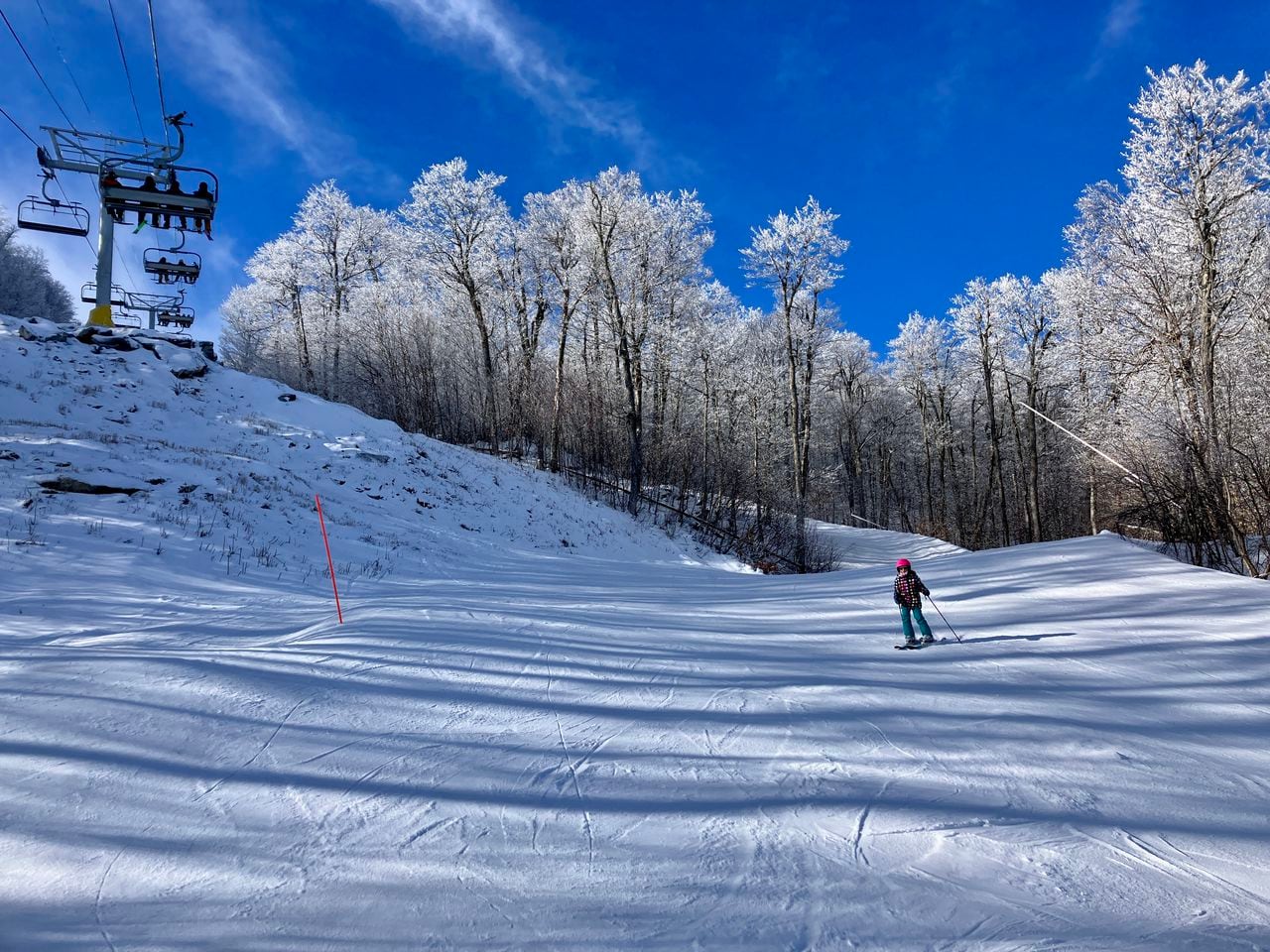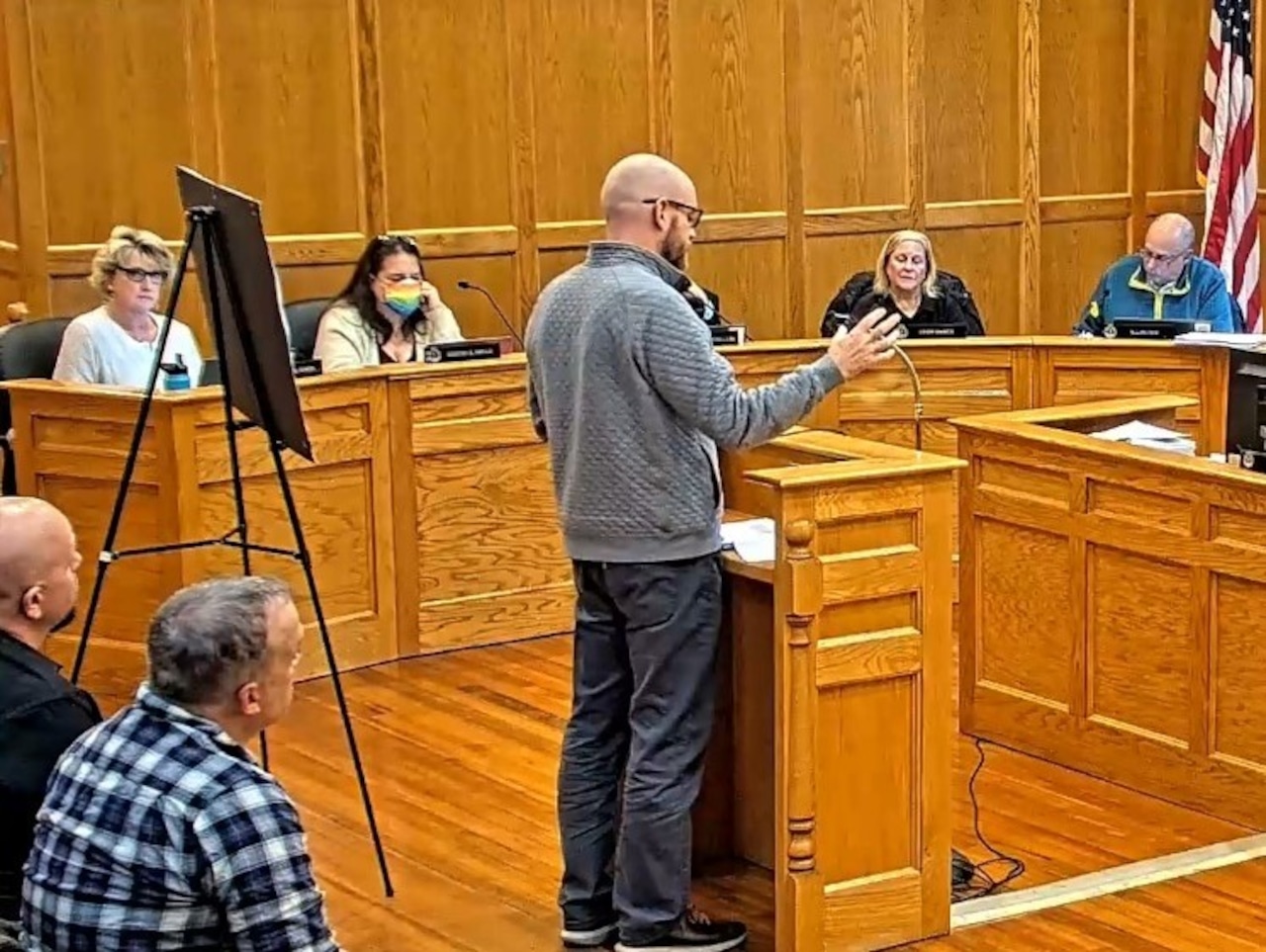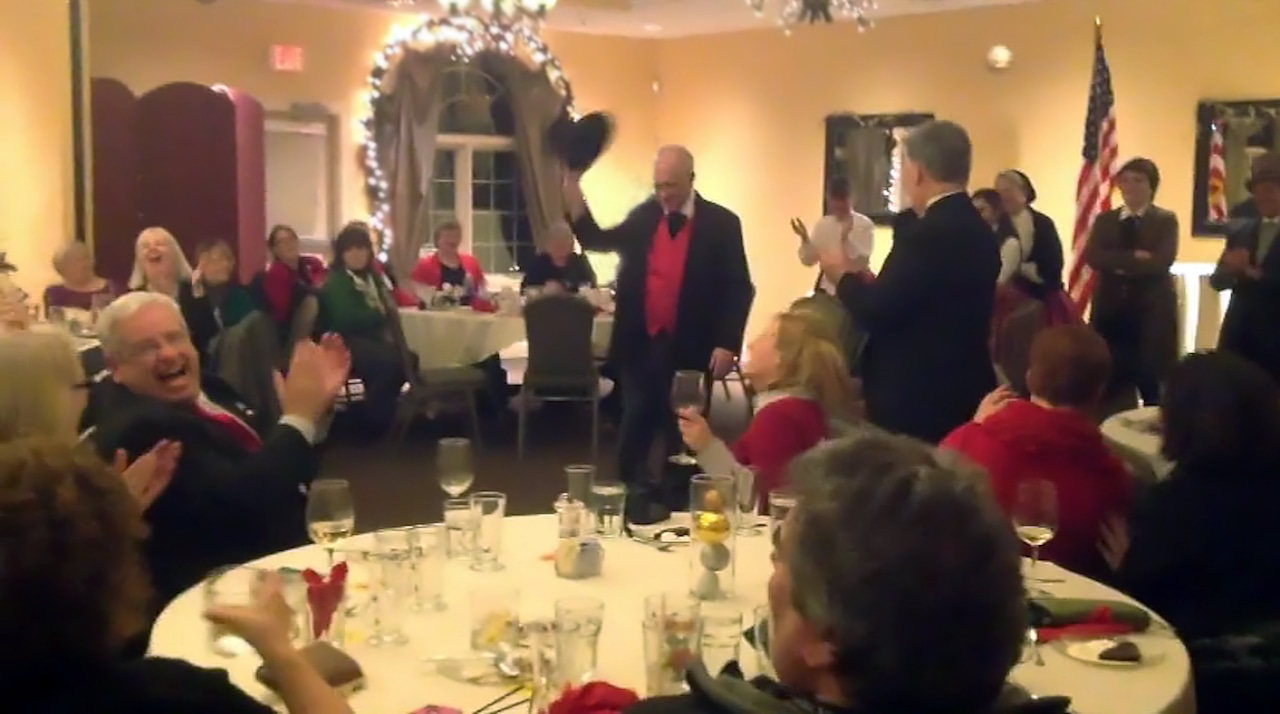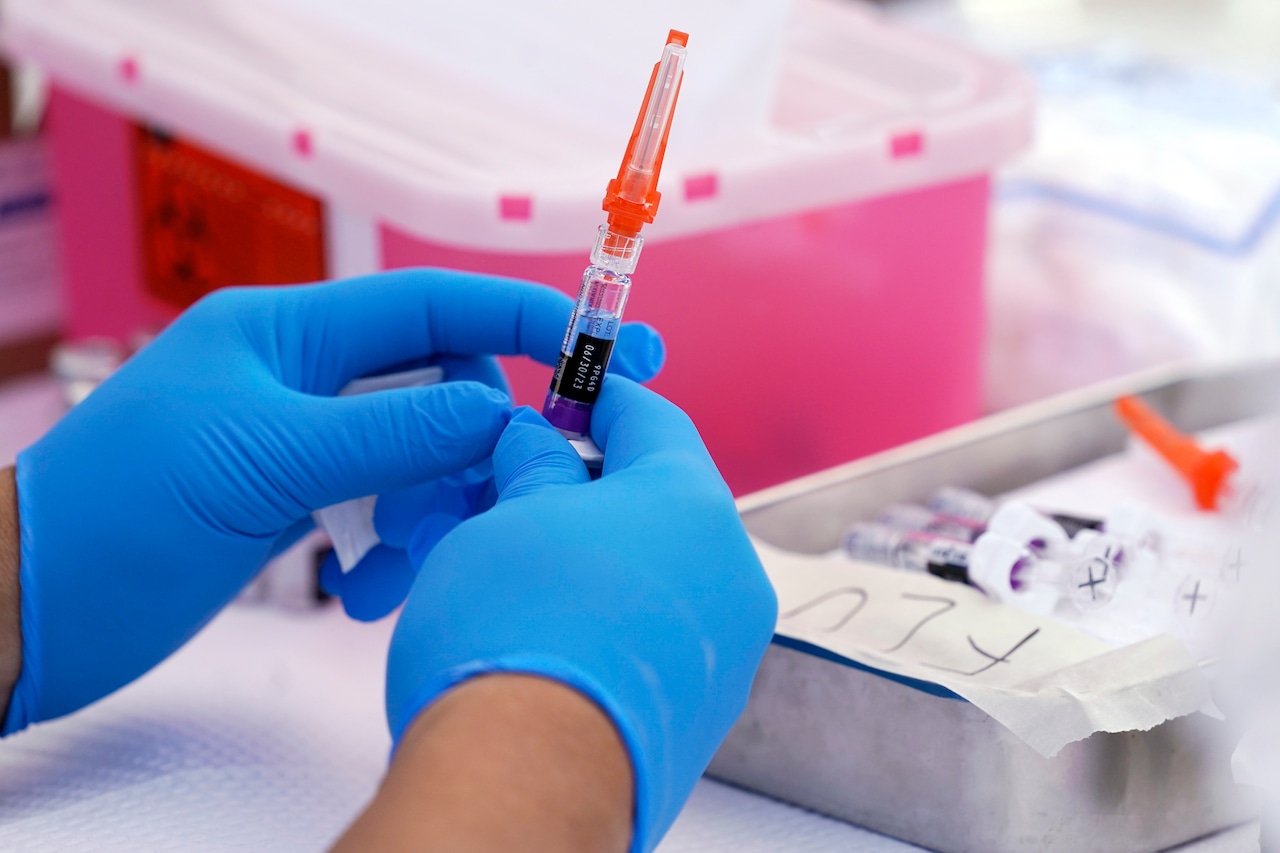
This is a biweekly column about all things skiing and snowboarding in New England.
There’s no question skiing is expensive — unless you are in the third, fourth or fifth grade.
Vermont, New Hampshire and New York all offer passports for children in elementary school that let them snowboard, downhill ski or cross-country ski for free at a host of different mountains.
“I love this program. I’m trying to spread it far and wide,” said Bryan Rivard, communications director for Vermont Ski Areas Association. Vermont’s program is strictly for fifth-graders. Rivard said he isn’t sure how many children get passports every year but it has been growing.
That may be because he developed his love of skiing at that age. Rivard said he remembers his first three-day trip to Vermont with his school and the successive days made him improve dramatically and made him a skier for life.
“Once you have that really great run, that really great ski trip, then you are hooked,” he said.
Jessyca Keeler, president of Ski New Hampshire, agrees. No one is sure exactly when the live-free-or-die state also became the ski free state, but it was sparked by the public school curriculum that called for fourth graders to learn about the history of the state and one of the lessons was about skiing.
The organization would get inundated with requests for information from fourth graders working on school projects and figured if they were studying skiing they may as well learn to ski and created the passport, she said.
“That age is considered a sweet spot for kids to really learn how to ski and to enjoy skiing,” Keeler said. “If they enjoy it, we know it will become a life-long activity.”
To run the programs, ski areas have to agree to give the “little rippers” free tickets and nearly all join in since it brings so many benefits. Kids don’t come alone so areas still sell tickets to parents and siblings. Families also try ski areas for the first time and discover new favorites they want to visit again, organizers said.
“I hear that all the time that they will try some place that they have never been and really like it. We love to hear stories like that,” Keeler said.
But probably the most important benefit to ski area owners is that the passports help build the next generation of skiers and riders to sustain the industry, association officials agree.
Families have also done really fun things with the passports. A fifth grader and his father took the Vermont passport as a challenge to visit every alpine ski area in the state recently. They even found some small one-tow hills that weren’t on the passport, Rivard said.
Ski NY has one of the biggest passport programs, which is designed for third and fourth graders. Before the COVID-19 pandemic, there were 8,000 passports given away every year. That one was dwarfed by Pennsylvania’s, which had upwards of 12,000, said Scott Brandi, president of Ski NY.
Most ski areas suspended programs like the passport during the pandemic since they were trying to limit visitors to prevent crowding. Now New York is rebuilding and has about 3,000 children participating this year, Brandi said.
New York also at one time offered free lessons with the passport, but that has stopped mainly because most areas don’t have enough instructors to fill the demand, he said.
“With the seasons passes, discounting has gone the way of the dinosaur so I think these programs are more valuable than they ever were before,” Brandi said.
All the programs are a little different but they do have one thing in common: Families can live anywhere to apply. Several said they issue passports to people who live in Canada and Europe as well as plenty of residents of Massachusetts, Connecticut and other nearby states.
The applications are all done online and rules are relatively relaxed. Generally, they call for some type of proof the child is in the fifth, fourth or third grades which is often done by downloading a current report card or the previous year’s report card. They also accept a teacher’s note on the school’s letterhead and for homeschoolers, they mostly go by the child’s age, officials said.
Most of them require the purchase of an adult ticket with the redemption, but parents can also use season’s passes such as Epic, Ikon or Indy, which each cover a variety of different mountains in New Hampshire, Vermont and New York. Some mountains also have blackout days that are typically over the Christmas, Martin Luther King and President’s Day holidays.
In Vermont, fifth graders receive three free tickets at each alpine and Nordic area, which gives them as much as 90 days of free skiing. Parents pay a one-time $30 administration fee. They also redeem the tickets online through the Vermont Ski Area Association’s website.
In New Hampshire the passport is $59 and gives children one ticket to every alpine and cross-country ski area in the state. Since it is called the fourth and fifth grade passport there, children can take advantage of it two years in a row, Keeler said.
New Hampshire has a cap of 1,500 passports it will give out this year, but the program has never sold out as far as Keeler knows. This year they have issued about 1,000 so there are plenty left, Keeler said.
New York’s passport is good for third and fourth graders (they wanted to start their program a little earlier) and children can participate two years in a row. The administration fee is $41 and it gives children two tickets at 28 different downhill and cross-country areas, Brandi said.
For Massachusetts residents, some of the closest New York ski areas are West Mountain, Gore and Belleayre. Catamount, which is half in Massachusetts and half in New York, also accepts the New York passport, he said.
There is no Massachusetts passport but there have been some past discussions about starting one.
“I think it would be great to implement a similar program,” said Nate Marr, marketing director for Berkshire East.
A complete list of rules and regulations can be found on the websites for Vermont Ski Areas Association, Ski New Hampshire and Ski NY.






